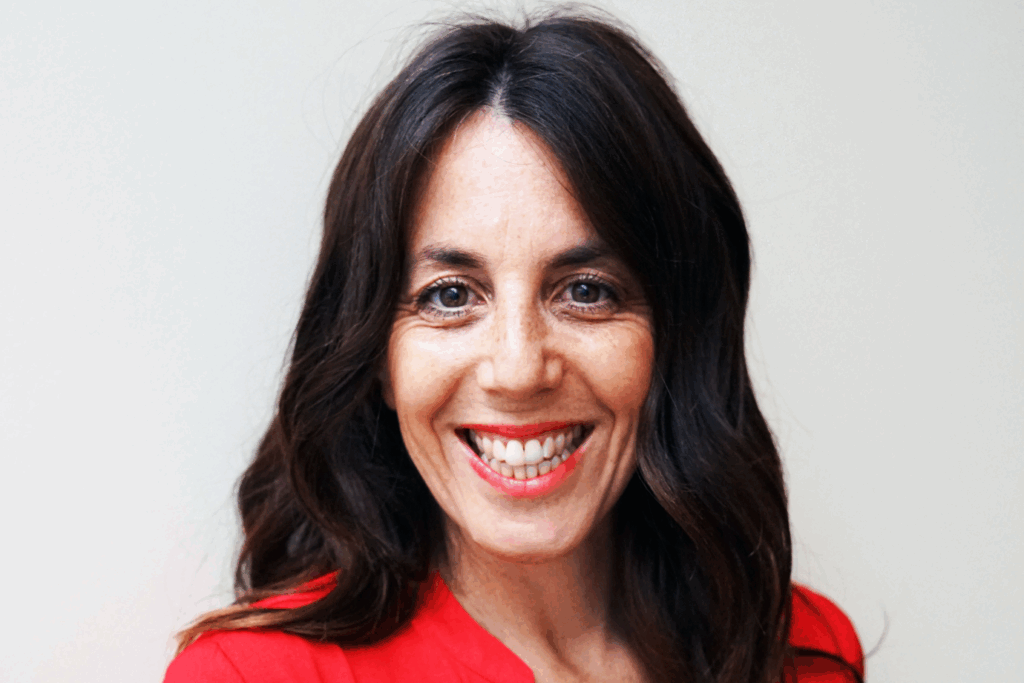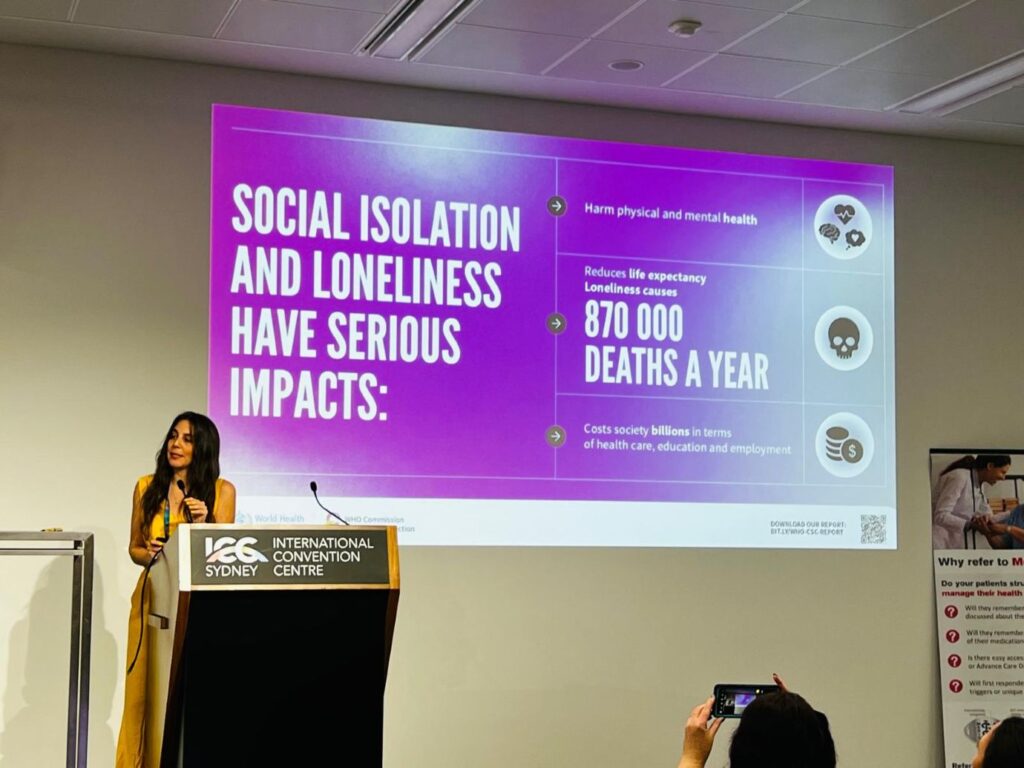Sometimes it’s the smallest gestures like a smile, a brief chat, or remembering someone’s name that can help build the meaningful social connections that help to combat loneliness.
And while it’s something all of us can endeavour to do more from time to time, there are some professionals in the community who are well placed to make this part of their everyday practice.
Pharmacists, for example, are health professionals who are more likely than others to notice and help support those experiencing loneliness.
Pharmacist Jenny Kirschner is the founder of Pharmacy Addressing Loneliness and Social Isolation (PALS), an international initiative raising awareness and addressing loneliness and social isolation to improve the health of patients and society.
She says it’s a privilege as a pharmacist to know so much about the community, and it’s knowledge that can play a pivotal role in building social connections.
“[A] pharmacist is privileged to have a list of [a person’s] medications, so you’ve got some indication of what’s going on with the person. As you’re seeing them consistently, you can pick up on subtle differences in emotional wellbeing that otherwise might be missed,” Kirschner explains.
“So yes, there’s something special in that. I say special because it’s a privilege to know that much about the community.”

Pharmacists often have regular, casual contact with people who may not interact much elsewhere and educating them on loneliness is key, Kirschner says.
Because pharmacists see people regularly for medications, they are in a unique position to spot red flags: someone who lingers at the counter to chat, mentions having no support at home, or shows signs of poor wellbeing.
Increasingly, social isolation and loneliness are being recognised as a priority public health problem, including by the WHO Commission on Social Connection.
Meanwhile, the latest Medibank Loneliness Population Index shows 75 per cent of Australians agree that describing loneliness to other people is a difficult thing to do. And 34 per cent of people said that unlike other mental health issues, there are no discernible features of loneliness.
Many Australians also lacked confidence to know who to talk to if they thought they were experiencing loneliness, the Medibank research found.
Kirschner says she experienced loneliness on a personal level throughout her young adult years and always had a sensitivity to pick up on people who may be lonely, when they came into the pharmacy. Her sensitivity particularly ramped up during the Covid pandemic.
“We see this every day, and we could actually do something to lean in and support,” Kirschner says. “But I also felt that most pharmacists don’t know what loneliness is.
“You have to understand it to be able to then lean in and try and support the community.”
Education as the way forward
As the founder of PALS, Kirschner is working to help educate pharmacists about loneliness and social connection, and the ways they can leave a positive impact when it comes to social connection.
PALS partnered with the Pharmaceutical Society of Australia to deliver world-first training for pharmacists to identify and address loneliness as a social and health priority. The evidence-backed course is delivered via online learning modules and includes video interviews with key opinion leaders, and subject matter experts.
It helps pharmacists identify those at high risk of loneliness and equips them with the knowledge of what to do about it at a patient, pharmacy and community level.

“When I look at the pharmacist training program, it had unprecedented enrolment numbers, and that gives me shivers,” Kirschner says.
“It’s something that I so passionately know we need to talk about, [and] we need to know as health professionals.”
“We’ve got more work to do to raise awareness, to get the education so we can intervene early, but once we get in there, I think there’s a lot that we can do as health professionals.”
Kirschner is clear that recognising loneliness takes time and courage.
“Sometimes you don’t even know what the experience is,” she says. “Something just doesn’t feel right?”
“But the more we talk about it, the more [people might realise] they’re not alone.”
To learn more about Medibank’s commitment to reducing loneliness head to We Are Lonely | Medibank.
Research commissioned by FiftyFive5 on behalf of Medibank. Research was conducted in July 2024, among a sample of (n=4,131) Australians.

